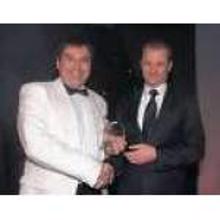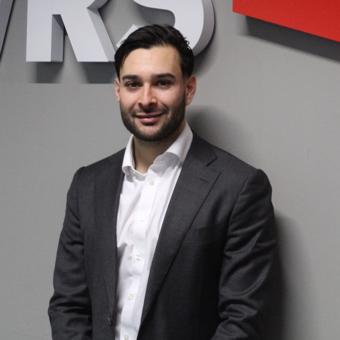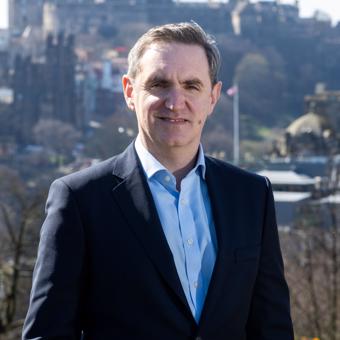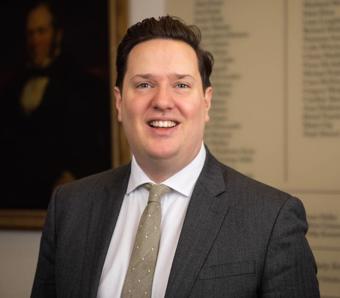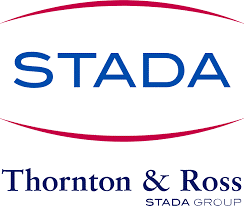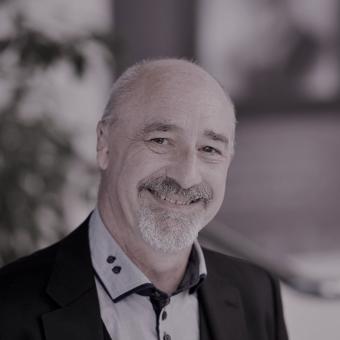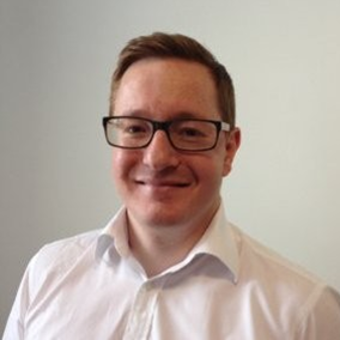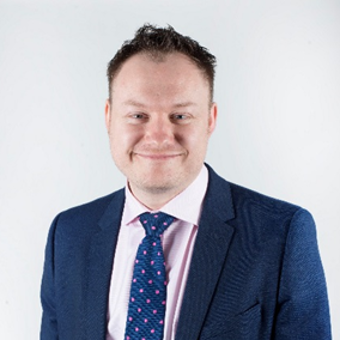Interview with Peter Garsden, Principal at Abney Garsden McDonald
Firstly, where do you work and what is your role?
I am the sole principal of Abney Garsden McDonald. I am managing partner, and head of the Abuse Department.
Why did you choose a career in law?
My father was in the retail trade and owner of our Radio and TV Rental shop which had been started by my Grandfather in 1911. He was coming up to retirement when I was 18. He was always complaining how difficult customers could be, that the customer was always right, and how it used to annoy him. So I decided to choose a profession where I would be respected for my opinion, and could be in more of a position of control. I have always had a very strong sense of justice, and wanted to work for people who had been wronged in an effort to get them some sort of redress. I wanted a job where someone would say thank you for what you have done for them. I started off my career acting for Defendant insurance companies which wasn't for me. I changed sides when I qualified and haven't looked back.
What attracted you to your particular specialism?
It was actually pure chance. One day in 1994 an old criminal client of mine rang me up and told me he had been interviewed by Cheshire Police as part of one of the largest institutional child abuse investigations in the country, and could I help him. I investigated his case and found he was one of the first to come forward in what was to become a huge investigation which spanned the entire country. I was swept up in it all and ended up setting up a large department devoted to this type of work. It so happened that the subject matter of psychological damage completed absorbed and fascinated me. It was absolutely my type of thing and what I wanted to do. I formed ACAL (Association of Child Abuse Lawyers), a national support organisation for Lawyers with this type of work. I found that the cases can be emotionally, practically, and legally demanding. They demand a very high level of expertise and some of the most empathetic and capable lawyers who are dedicated to helping some of the most vulnerable members of our community. It is very rewarding to do, but very difficult. Each case is an exercise in mental gymnastics.
What is the most enjoyable part of your job?
A client saying thank you, sometimes in tears, for helping them achieve psychological closure. In a small way we assist them in their healing process to achieve some sort of justice for the wrongs committed upon them in the past.
What particular challenges are you or have you faced in these tougher times?
We are thankfully immune from the economic climate save for the cutbacks imposed by government on Legal Aid, as our cases are thus funded. In the late 1990's, however when I started doing this type of work, it was very tough developing an objective yet empathetic method of dealing with cases. I simply did not realise how emotionally draining these types of case are, and how, unknowingly it can affect you. I learned a lot of hard lessons which I have since passed onto my team and Association.
What do you think will be growth opportunities for the legal profession over the next couple of years?
Frankly I think that a lot of Lawyers will be getting out of Personal Injury work in view of the government changes proposed, so I am hopeful to be able to expand the general personal injury side of my business in reliance thereon.
What's been your most enjoyable or high profile recent piece of work?
The many Child Abuse Group Actions we have been involved in over the past 10 years, but in particular the Nugent Care Group Action which is being brought to a close after 14 years hard graft against a very challenging and tough Defendant who has taken every possible technical and legal point they could over the life of the case. Also the two Manchester City Council Group Actions, both of which I have been able to settle to the benefit of the 600 Claimants who have formed part of the group, and obtained much needed compensation at a cost of £4 million or thereabouts.
What inspires you when it comes to your work?
The thought that we are helping some of the most damaged, disadvantaged and vulnerable members of our society achieve some sort of justice, and that the cases we do have moral and social justification, so that we are going that extra mile for them by just listening and believing what they say.
Do you work by a particular mantra or motto in your business life?
Yes - do unto others what you would want done to you, and work with people rather than make them work for you.
Can you give one piece of professional advice to your peers
Fight your cases hard, but always respect your opponent. Be nice to everyone you deal with, because if not, then people will remember, and things have an odd way of coming back to bite you in the arse.
